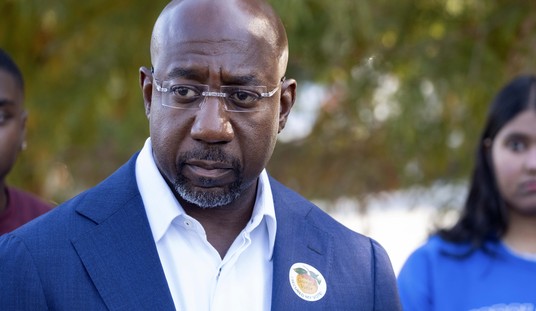
U.S. District Judge Derrick K. Watson in Hawaii denied an emergency motion challenging President Donald J. Trump’s so-called travel ban.
The motion, was filed by Hawaii and a local imam. The denial of the emergency motion allowed the new guidelines issued by the State Department to implement the Supreme Court June 26, 2017 ruling which lifted parts of lower court injunctions blocking Trump’s Executive Order to remain in place.
The guidelines revised rules about who will be admitted as refugees or from the six suspect countries targeted in President Donald J. Trump’s January 27, 2017 Executive Order Protecting the Nation From Foreign Terrorist Entry Into the United States and the President’s March 6, 2017-revised version of the order, which narrowed the scope of his original order.
The motion, meant to again disrupt President Trump’s executive orders, asked Judge Watson to clarify what the United States Supreme Court meant by a “bona fide” relationship in its ruling last month.
In its June 26, 2017 decision, the Supreme Court said the administration could mostly enforce its travel ban, but said those “with a credible claim of a bona fide relationship with a person or entity in the United States’ could enter.” Judge Watson “said the relationship question would be better posed to the Supreme Court than to him”:
It is evident that the parties quarrel over the meaning and intent of words and phrases authored not by this Court, but by the Supreme Court in its June 26, 2017 per curiam decision. That is, the parties’ disagreements derive neither from this Court’s temporary restraining order, this Court’s preliminary injunction, nor this Court’s amended preliminary injunction, but from the modifications to this Court’s injunction ordered by the Supreme Court. Accordingly, the clarification to the modifications that the parties seek should be more appropriately sought in the Supreme Court.
That Supreme Court decision removed an earlier injunction Judge Watson had imposed against Trump’s executive order. Watson blocked the ban on travelers from Syria, Sudan, Somalia, Libya, Iran and Yemen in response to a lawsuit by the state of Hawaii that argued the policy discriminates against Muslims.
Watson said there was “significant and unrebutted evidence of religious animus” behind President Trumps, executive orders. The administration appealed to the 9th U.S. Circuit Court of Appeals, which largely upheld Watson’s injunction. The Supreme Court rejected that reasoning and instead looked at the executive orders as written and concluded that President Trump did have national security and immigration powers as president that must be respected.
Watson made it clear that he didn’t want to get reversed by the Supreme Court again:
This Court will not upset the Supreme Court’s careful balancing and “equitable judgment” brought to bear when “tailor[ing] a stay” in this matter.
[. . .]
This Court declines to usurp the prerogative of the Supreme Court to interpret its own order . . .
The Washington Times reports that under federal immigration law and previous court rulings parents, siblings and spouses were close relationships, but others — including grandparents, cousins, aunts and uncles, did not qualify.
Hawaii Attorney General Douglas S. Chin had argued that in his state, close family relationships had a much broader meaning that needed to be protected.













Join the conversation as a VIP Member